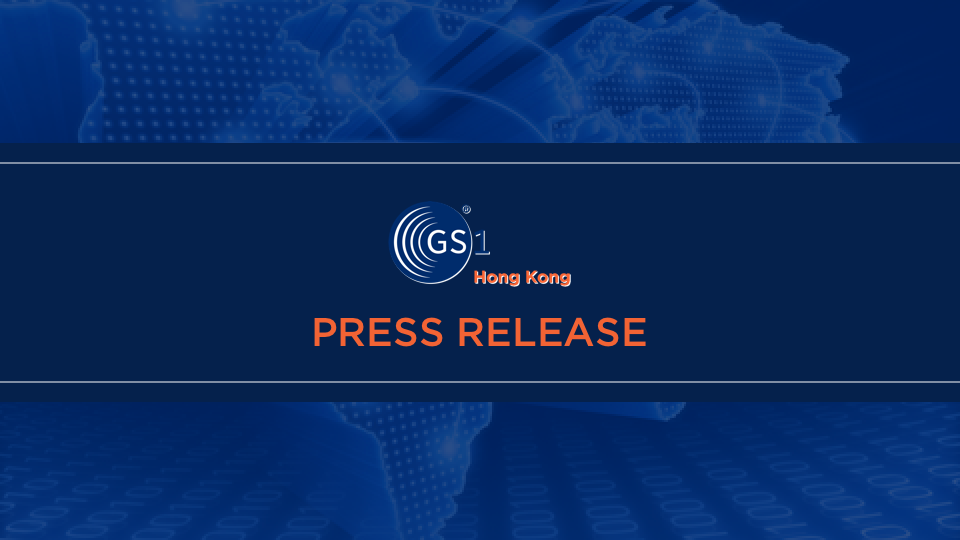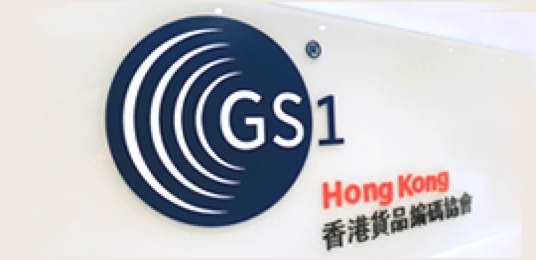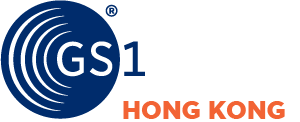Product identification is not just for logistics – it’s the way forward!

GS1 SmartSearch – the global language computers understand
Opening a briefing at GS1 Hong Kong Office, Ms. Anna Lin, CEO of GS1 Hong Kong made the observation that today’s environment is more favourable for the new developments in improving e-commerce. She explained that the exciting prospects for new innovations means that GS1 is working on so many initiatives at present and the efforts are rapidly gaining acceptance by major players in e-commerce. They are realising the enormous benefits using a global standard system to run their business in the pursuit of customer satisfaction.
This theme was taken up by Dr. Steven Bratt, GS1 Global Chief Technology Officer and President, Standards Development. “GS1 integrated standard system is for identifying, capturing and sharing information. We like to use the term Global Language whereby using a product code number it is possible for companies to communicate worldwide with manufacturers, suppliers, logistics, distributors and not least of all consumers.” GS1 provides particular solutions to problems working in the area of product traceability. Given the type of information available, it is possible to trace origin, lines of distribution, logistics and other basic data which is important for instances of product recall and consumer safety in particular.
Popular misconception is that the humble barcode is for logistics only - in fact this is the basis for these new developments – the prospect of having a unique product identifier. There is transformation to digital barcode for better online product search. Among retailers with the largest online audiences, three of the top four already require or endorse GS1 identification for e-Commerce. Google, the world’s largest search engine, has submitted patent applications for the use of GS1 barcodes as a search-engine benchmark. Search engines in mainland China are also capable of identifying GS1 barcodes to accelerate product search.
Various major online shopping platforms, such as Amazon, eBay and Tmall.com require all products to be equipped with GS1 barcodes, to ensure that the products sold online can be traced to sources of accurate, comprehensive information.
Today, 70% of all sales are influenced by information that consumers find on the web. Dr. Bratt said one of the main problems is that products are not able to converse with search engines. “This is where the development of GS1 SmartSearch has opened new exciting possibilities. This is a GS1 Standard which makes it easier to keep information about products across the web in search engines. With the addition of structured GS1 keys and attributes to product web pages, search engines can understand and display more relevant search results to consumers.” GS1's SmartSearch initiative has been working with the schema.org community (at W3C and Github), creating a web-based structured data vocabulary that extends schema.org to support richer product data description.
He went on to say that the first structured data pilot was conducted by GS1 US among 24 companies. After only 3 weeks the search result of the products using SmartSearch on average had a progression of three positions in Google search results; on average, each product was raised 2.9 positions in search results.
Better control and ownership of the product data that is used on web pages means better descriptions, more consistent product information being displayed on web pages. Customers reaching a retailer’s product pages arrive due to a better search relevance meaning that the product is more likely to be what they are looking for. So it won’t just create more click-throughs, but vitally more clicks to buy. Also, a better informed customer is less likely to be disappointed with their purchase and return.
About GS1 Hong Kong
Founded by the Hong Kong General Chamber of Commerce in 1989, GS1 Hong Kong is the local chapter of GS1®, a not-for-profit, standards organisation that develops and drives adoption of easy-to-implement global standards for business to uniquely identify, accurately capture and automatically share vital information about products, locations and assets. Headquartered in Brussels, Belgium, GS1 has over 110 national chapters in 150 countries.
GS1 Hong Kong’s mission is to enable Hong Kong enterprises to improve the efficiency, safety, and visibility of supply chains across multiple sectors and facilitates commerce connectivity through the provision of global standards and a full spectrum of standards-based solutions and services. GS1 Hong Kong engages with communities of trading partners, industry organisations, government, and technology providers to understand and respond to their business needs through the adoption and implementation of global standards.
Currently, GS1 Hong Kong has over 7,000 corporate members covering close to 20 industries including retail consumer goods, food and food services, healthcare, apparel, logistics as well as information and technology. GS1 Hong Kong continually enhances and rolls out new services and solutions to help our corporate members to embrace new realities, new challenges, and new opportunities.
For more information about GS1 Hong Kong, please visit www.gs1hk.org.
Media enquiry:
Ms. Corinna Fung:
T: (852) 2863 9787
Ms. Yvonne Ho:
T: (852) 2863 9723

(852) 2863-9763
media@gs1hk.org

